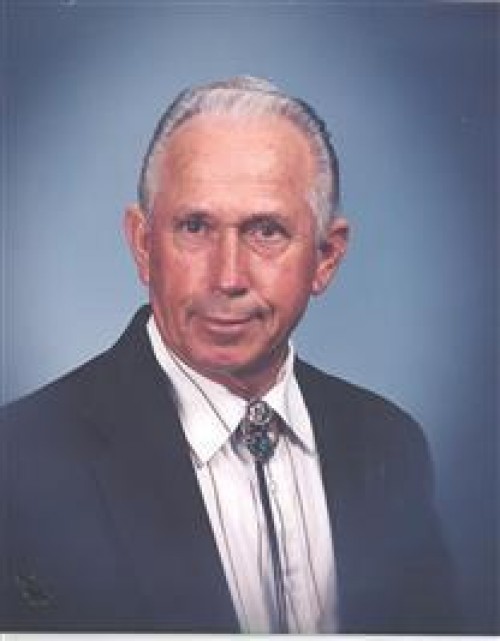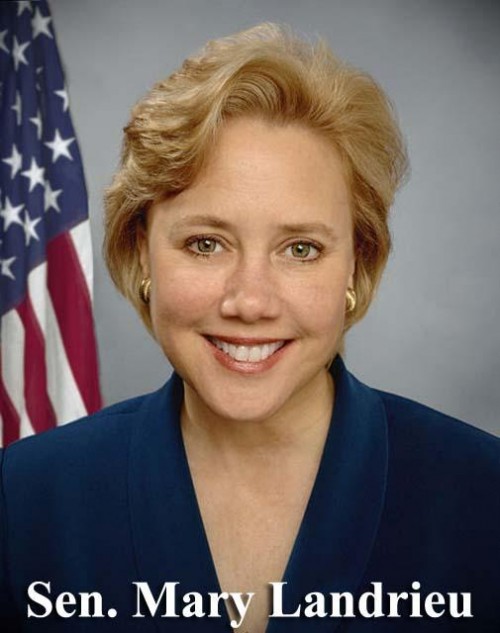
William Clark Sr.
June 29, 2010
Senator baffled by Obama’s view on La. oil
July 1, 2010The effort to rid Louisiana roads of drunk drivers involves multiple levels of cooperation that range from educating motorists to enforcing the tough DWI laws already on the books to prosecuting offenders. Louisiana’s rate of alcohol-involved highway crashes remains stubbornly high, accounting for 409 deaths in 2009.
Many motorists – and probably those most inclined to drive after consuming alcohol – refuse to take the test after being stopped on suspicion of DWI. Almost 8,000 of the 24,736 – about one-third – drivers arrested for DWI in 2008 refused to take the test. They did so even knowing that their refusal could cost them a 180-day suspension of their driver’s license, if it was their first offense.
The Louisiana Highway Safety Commission recently has been working with law enforcement agencies, district attorneys and judges on a project to overcome a significant obstacle in successfully prosecuting drivers charged with DWI. That obstacle is the large number of suspects who are stopped on suspicion of driving while intoxicated but refuse to submit, as the law requires, to tests that measure the alcohol content in their blood. The reason so many refuse is simple: With such a test in hand, district attorneys have a much better chance of winning a conviction.
To counter this trend, the Highway Safety Commission is working with judges, district attorneys, and police in various parishes to sponsor “No Refusal” periods. During these periods judges are on standby to approve search warrants, based on probable cause, that authorize police to take blood samples from suspects who refuse to submit to a blood alcohol concentration test. When told a search warrant will be applied for, most suspects yield and submit to the test – even before the actual warrant is issued.
Results have been impressive in parishes where No Refusal periods have been implemented. For example, officials in Jefferson Parish conducted a No Refusal period over this year’s Memorial Day holiday. This resulted in only one refusal compared to 16 over the same period in 2009.
State District Judge Thomas M. Yeager of Alexandria pioneered the No Refusal concept in Louisiana. When Yeager implemented a No Refusal policy in Rapides Parish, the refusal rate dropped from 35 percent in 2007 to nearly zero last year. Earlier this year, the National Highway Traffic Safety Administration presented Judge Yeager with one of its highest honors: the Public Service Award.
The Louisiana Highway Safety Commission provides training and grants to pay overtime hours for law enforcement officers who participate in No Refusal programs. The programs are usually conducted over weekends and holiday periods during which drunken driving is more prevalent. The enforcement sometimes includes sobriety checkpoints at which officials have a fax machine available to send a search warrant request directly to a judge. The judge reviews and signs it – if it is in order – and faxes it back to the officers on the scene.
DWI is a serious problem that is being addressed in a variety of ways in Louisiana and across the United States. In recent years, the Louisiana Legislature has passed a number of laws that stiffen DWI penalties, especially for multiple offenders. The No Refusal program has proven to be effective in helping provide district attorneys with the solid evidence they need to win convictions in court.




